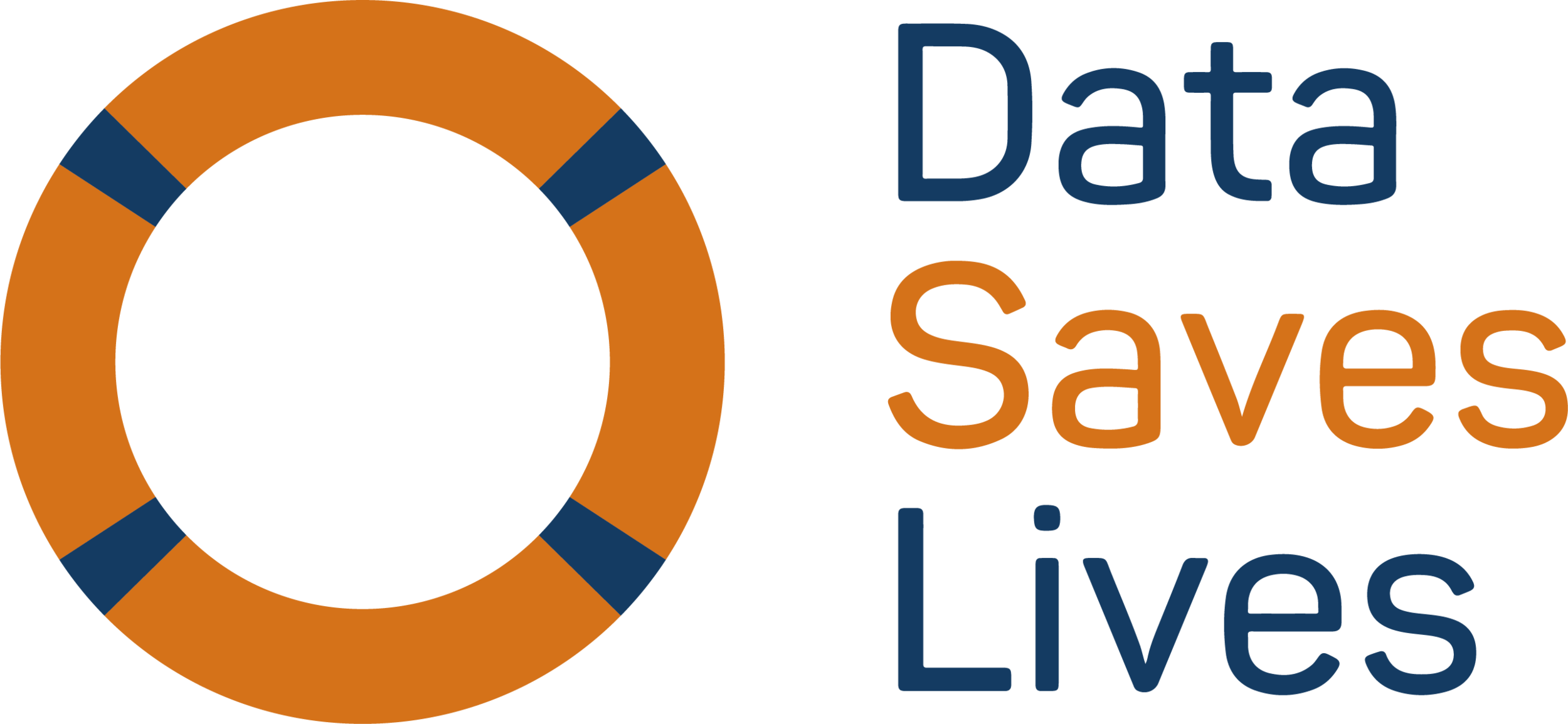
This post was written by 67Health in partnership with Data Saves Lives. 67Health is a healthcare communications agency. Data Saves Lives is a multi-stakeholder initiative with the aim of raising wider patient and public awareness about the importance of health data, improving understanding of how it is used and establishing a trusted environment for multi-stakeholder dialogue about responsible use and good practices across Europe.
Coined the ‘new oil’, health data presents an opportunity for unparalleled innovation in the healthcare sector, assisting to design technology that not only promotes health outcomes, but empowers patients. In a disease area like cancer, improving our understanding of health data is integral to enhancing patient engagement in a safe and sustainable way. For the first time in history, patients and citizens can better understand and self-manage their conditions thanks to this highly personalised information – it could be the key to unlocking a better and more equitable healthcare system for all.
Yet, if health data systems were to exist free from regulation, operating in the absence of informed consent, it could have the opposite impact on patients. Therefore, it’s essential that we ensure that health data initiatives are conducted in a safe and ethical way.
Patient empowerment and how health data is promoting it
Before we dive into the subject of patient empowerment, we must first define it. In recent years, it has become a buzzword signifying a system of healthcare centred around the patient experience. Let’s use the definition from the European Patient’s Forum – a process that “helps people gain control over their own lives and increases their capacity to act on issues that they themselves define as important.”
Data Saves Lives is a multistakeholder initiative that was launched by the European Patients’ Forum (EPF) to increase awareness of the topics surrounding health data and promote dialogue between the different actors involved in the health data-sharing journey.
One of the earlier adopters of health data is the cancer therapy area. Data on cancer incidence has been instrumental in driving crucial screening policies that have improved early cancer detection. Continued health data collection will be crucial for future advances in cancer prevention and treatment, but it requires that people feel comfortable donating their data. In cancer research specifically, we are asking members of the public to share their personal information for the benefit of their future selves – that is, donating our health data under the assumption that it will benefit a situation that might happen to us or someone we love in the future, or, for broader societal benefit. This is what we call data altruism.
Health data can encourage patient empowerment by promoting positive health outcomes on an individual and systemic level. For the individual, health data-driven technology can facilitate early disease diagnosis and provide highly accurate updates on health indicators like blood pressure, and helping patients to better monitor, understand and predict their symptoms.
By reducing the need for in-person consultations, this technology alleviates the pressure placed on our over-burdened health systems. It can also help to prioritise healthcare services, like this case study in colorectal cancer demonstrates, where data was used to detect which patients should be given priority access to a colonoscopy. Real-time data was also used throughout the pandemic to assist the UK in assessing cancer service updates during COVID-19.
Health data literacy
Health data literacy can provide patients with the skills and tools to make informed decisions about their health, helping them to become experts of their own disease. It allows patients to generate self-reported health outcomes, painting an accurate depiction of their lived experience with a particular condition, that is unattainable through other data-collection methods. Data literacy can also help to strengthen patient community ties by helping members to share their knowledge and experiences with other patients – strengthening community wellbeing.
On a broader societal level, health data findings accessible through public health and doctor-led campaigns have promoted disease education, assisting members of the public to identify early signs of cancer. The plethora of information available now assists us to make positive lifestyle choices – those which minimise the risk of developing cancer in the future. This technological advancement is significant in promoting good health, especially considering that the best health outcomes stem from early diagnosis.
Promoting data security
For all the reasons aforementioned, it’s clear that health data holds tremendous potential to assist in cancer prevention and treatment. Although, it would be irresponsible to assume that the subject is free from ethical tensions. It’s understandable that some patients may be reluctant to disclose their personal information, especially when the material recorded is sensitive. If unregulated, there is always the unfortunate potential of health data being used in a discriminatory manner to the detriment of the individual.
To maintain the integrity and legitimacy of the health data-sharing movement, it is essential that sufficient safeguards are put in place. The system needs checks and balances with severe, potentially career-ending consequences for those who breach the informed trust of donors. If not, we risk fundamentally undermining the system in which medical care is undertaken.
This brings us to the issue of consent. In the words of patient expert Alastair Kent, when we consent to our data being shared, this consent is “not carte blanche – we don’t expect our data to be liberally distributed without care… We may trust a service provider to do good with our data, but this trust is not blind – it is instead informed consent”.
But the very idea of informed consent is problematic in itself, as opportunities for data use will inevitably change with time as our scientific and medical understanding does. If the principle of ongoing consent applies, it needs to be sufficiently broad to cover future possibilities of what may come.
Towards a better future
According to stigma-expert Elena Vaughan, “an empowered patient is treated with respect, involved in shared decision-making regarding care and treatment, and is not patronised.” In order to achieve patient empowerment through health data initiatives, we must centre them around patients interests and voices. It is only through this that we can truly unlock the mighty power of health data, to transform lives for the better.
Interested to learn more about our meaningful cause at Data Saves Lives? Visit our webpage here.
The views expressed are those of the author. Posting of the blog does not signify that the Cancer Prevention Group endorse those views or opinions.
Share this Page

Leave a Reply